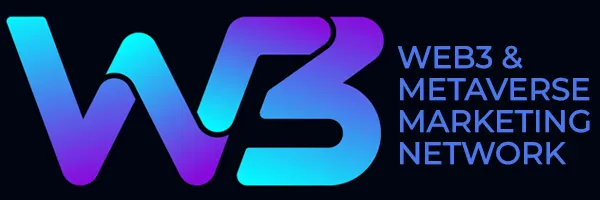
In the past, writers relied on publishers to get their books published. Musicians relied on radio to get their music promoted.
Today’s internet which we can define as Web 2.0 gave rise to blogs and social media where creators are able create, promote, build audiences, and self-publish books, music, films without relying on institutions.
For a while, content creation in Web 2.0 was decentralized. However, as Web 2.0 has evolved, is has become re-centralized. That means ownership is in the hands of Big Tech, such as Facebook and Google instead of the creators.
Facebook can censor your comments, accounts, or posts. Big Tech sells your data to advertisers, causing privacy issues. If you leave Instagram today, you will lose all your data or will have re-create on other platforms since there is no digital inheritance. Content monetization platforms such as Facebook basically make profits from creators’ content.
The solution? Web 3.0 — a decentralized system that lives on the blockchain. When data is “on-chain”, it is recorded on a distributed ledger. Identities are verifiable. Discovery is censorship-resistance. You can secure/track your own data without giving it to corporations. Creators can tokenize their work into digital assets.










